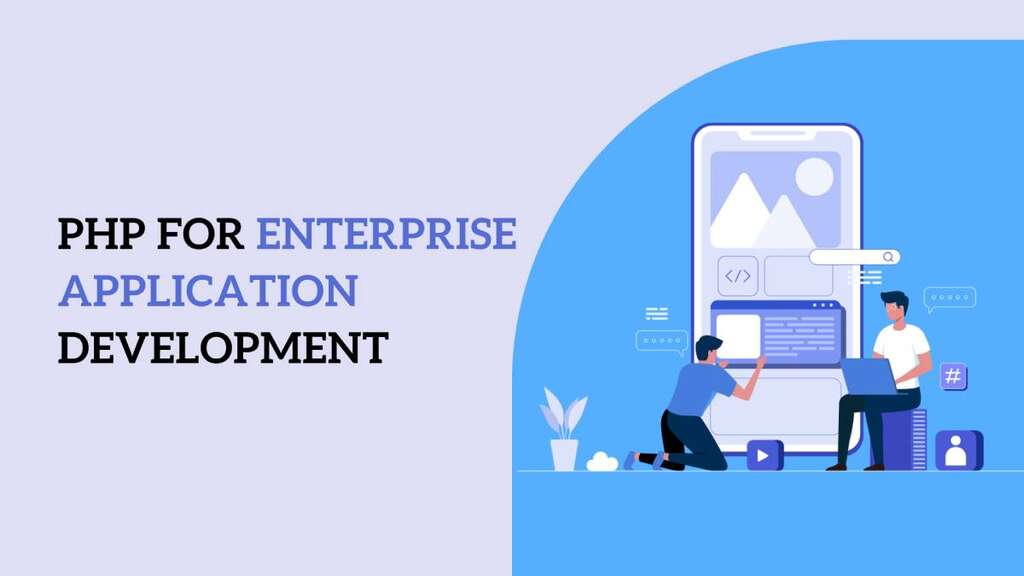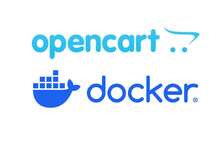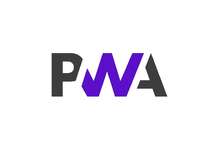PHP is a flexible language for enterprise application development, in which efficiency and scalability are paramount. From its humble beginnings in web programming, PHP has now become the main tool for creating enterprise-level applications that can meet the diverse needs of today’s enterprises.
PHP is used by 76.4% of all websites. PHP helps developers create combined, fast, and more secure e-commerce and CRM platforms to enable business growth and innovation. Let’s discuss how PHP for enterprise application development enhances efficiency and scalability.
How does PHP help in enterprise app development efficiency and scalability?
In the ever-busy business world where every second matters, developers are challenged to deliver reliable, scalable, and robust products and services. PHP and other cutting-edge technologies give companies the ability to design and release first-to-market apps. Enterprise app solutions are tailored to the individual organization and they are composed of multi-purpose components.
The PHP framework follows best practices to avoid complexity and duplication, making the code consistent, readable, and reusable. The framework’s modularity and usability allow for continuous optimization. Identity, routing, and dependency injections are pre-coded, and some essential functionalities may be used.

Among the many ways PHP can improve enterprise app development in terms of speed and scalability are the following:
It can build different types of enterprise apps
The most common kinds of business applications developed and deployed with PHP are as follows:
- Enterprise resource planning (ERP) systems
ERP systems can be easily designed using PHP, regardless of the size of the company. PHP can guarantee consistency while also making all of its components more accessible to diverse departments.
- Business intelligence (BI) software
PHP development solutions can improve your company’s data-driven decision-making with the help of business intelligence tools. Marketing, manufacturing, and human resources are just a few of the many data sources that may be accessed by PHP enterprise apps.
In order to forecast patterns, spot trends, and generate precise predictions, business intelligence systems might use data mining techniques and sophisticated mathematical analytical algorithms.
- Business process management (BPM) apps
The primary goals of business process management applications are the automation of routine tasks and the elimination of unnecessary ones. Streamline your company’s operations with BPM enterprise apps developed with PHP.
Maximize productivity, remove errors, and build smooth processes. In addition to preventing operational delays, PHP guarantees business continuity for these apps.
- Customer relationship management (CRM)
Companies can improve their CRM strategies by utilizing PHP. To make sure no opportunity is missed, speed up query resolution, and personalize user interactions, PHP apps are a great choice.
Companies may monitor client interactions, streamline onboarding, and increase customer loyalty. To better understand consumer habits and increase interaction, PHP apps can synthesize data discoveries. If used collectively, these apps have the potential to increase industry visibility and profitability.
- The supply chain management (SCM) tools
Organizations can create their own custom tools for supply chain management with the aid of PHP. It ensures smooth delivery, instant sales, and profound control over inventory and resource management.
The PHP-based PHP enterprise management software that is intended for supply chain management may increase communication between suppliers and customers and manage the supply chain more efficiently at all levels. When it comes to supply chain management, PHP has you covered in every way: such as warehousing, material ordering, logistics, order processing, procurement, and others.
- Human resource management (HRM) apps
Finding appointments, performance management, and monitoring, among others, are seen by HRM apps as their functions in businesses. The larger companies can automate routine processes and look at reports, payrolls, and productivity.
Human Resource Management software, developed in PHP, can assist in simplifying HR processes, easy planning of the workforce, and ease tedious administrative tasks. Training courses for employees that are suitable and an easier way of hiring or retaining people are also among the advantages.
It’s free, fast, and open-source
PHP constitutes an open-source and affordable solution for enterprises. In this way, budget-conscious startups and small firms can create scalable enterprise apps.
This can be easily done when you hire dedicated PHP developers who can provide powerful solutions that boost your PHP apps. PHP’s many caching mechanisms speed up website and app development. These methods boost scalability and reaction time.
Load balancing and asynchronous processing
PHP’s load balancing, which uses many servers to handle user requests, is another feature. Apache, HAProxy, and Nginx assist PHP in distributing workloads and optimizing performance.
It easily handles large traffic and ensures application availability. PHP uses ReactPHP and Swoole for asynchronous processing. Developers may optimize server resources and work faster.
Optimizes database queries and operations
PHP packages like Eloquent, Doctrine, and Propel optimize database queries. PHP monitors application performance in real-time and suggests improvements.
New Relic, Blackfire, and Xdebug help with profiling, performance analysis, and debugging. PHP developers may optimize code, streamline user interactions, and detect performance issues with these tools.
PHP has pre-built XML parser and database administration modules, reducing development costs. Businesses enjoy PHP projects because developers can write less code, test faster, and maintain well. PHP projects are secure, scalable, and desirable.
Multiple PHP frameworks for different applications
There are several scalable, user-friendly, and versatile PHP frameworks. Business ventures use many PHP frameworks depending on their demands. Laravel, Codeigniter, Slim, Symfony, and Zend are popular PHP frameworks worldwide.
Slim is simple and powerful, but Zend is known for its modularity and updated codebases. Slim supports RESTful APIs, HTTP caching, URL routing, and cookie encryption. It’s simple and supports flash messaging. Database engine independence, quick setups, and reusable components distinguish Symfony from other frameworks. Integrating most libraries and vendor resources is simple.
Laravel can handle complex backend demands, making it ideal for small and large enterprise apps. Most developers use PHP for bespoke app development due to its security, authentication options, template engine, MVC design, etc.
Conclusion:
In today’s competitive market, using PHP for enterprise application development simplifies operations and sets the stage for long-term growth. Since its introduction to the software and app development scene, PHP has made great strides, and every enterprise application has its unique requirements.
It is ideal for creating both basic and advanced projects, making it one of the most flexible programming frameworks. If you want to get the most out of the framework, you should be well-versed with object-oriented programming languages, databases, MVC architecture, the command line tool, and object-oriented relationship management systems.





